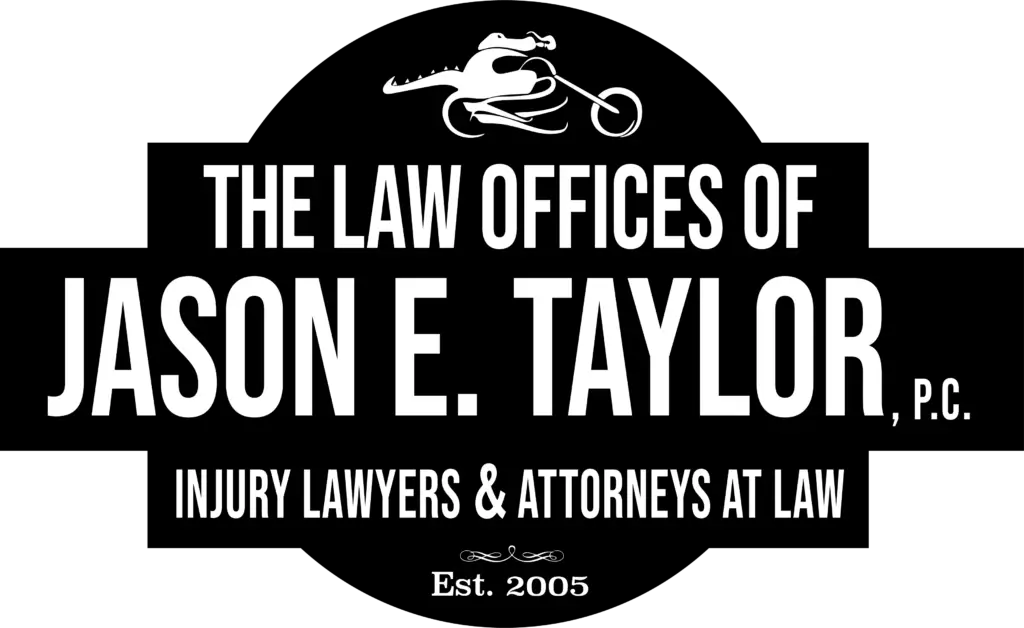In 2008, SCANA Corporation applied to construct two nuclear reactors in Fairfield County, South Carolina. This year, it was announced that the entire project was a failure and could not be completed. The situation has been surrounded by scandal after recent reports uncovered that SCANA applied with a nonspecialized construction timetable that feasibly could not match the project’s needs. Furthermore, another audit report has found that a third-party engineering firm knew the project was destined to fail more than a year before the official decision to scrap it was announced.
The failure of the SCANA nuclear reactor project in Fairfield County will have significant lasting impacts on most of South Carolina for the foreseeable future. Billions of ratepayers’ dollars have been wasted, and lives have been destroyed due to financial devastation. As the story continues to unfold, it seems to be one of the worst investment disasters in the state, if not the country.
While the scrapped project will negatively impact so many people, an overlooked group are the thousands of people who have invested their hard-earned money in SCANA. Rather than being rewarded for helping put money into an ambitious project, this group of people see their investment go down the drain due to corporate greed and egregious mismanagement of the project.
There have also been reports that SCANA’s management was happily paying themselves outrageous bonuses, all the while knowing that the project would ultimately be a failure.
Shareholder Litigation Attorneys in the Carolinas
Are you a SCANA shareholder who is feeling scammed out of vast sums of money due to SCANA’s methods?
You may have valuable rights that need protection from SCANA’s greedy management, alleged breaches of duty, and possible fraudulent practices.
Contact the Law Offices of Jason E. Taylor, P.C. for a no-cost consultation with shareholder litigation lawyers backed by 100+ years of collective experience. We are headquartered in South Carolina and North Carolina but are hearing cases from investors around the country.
